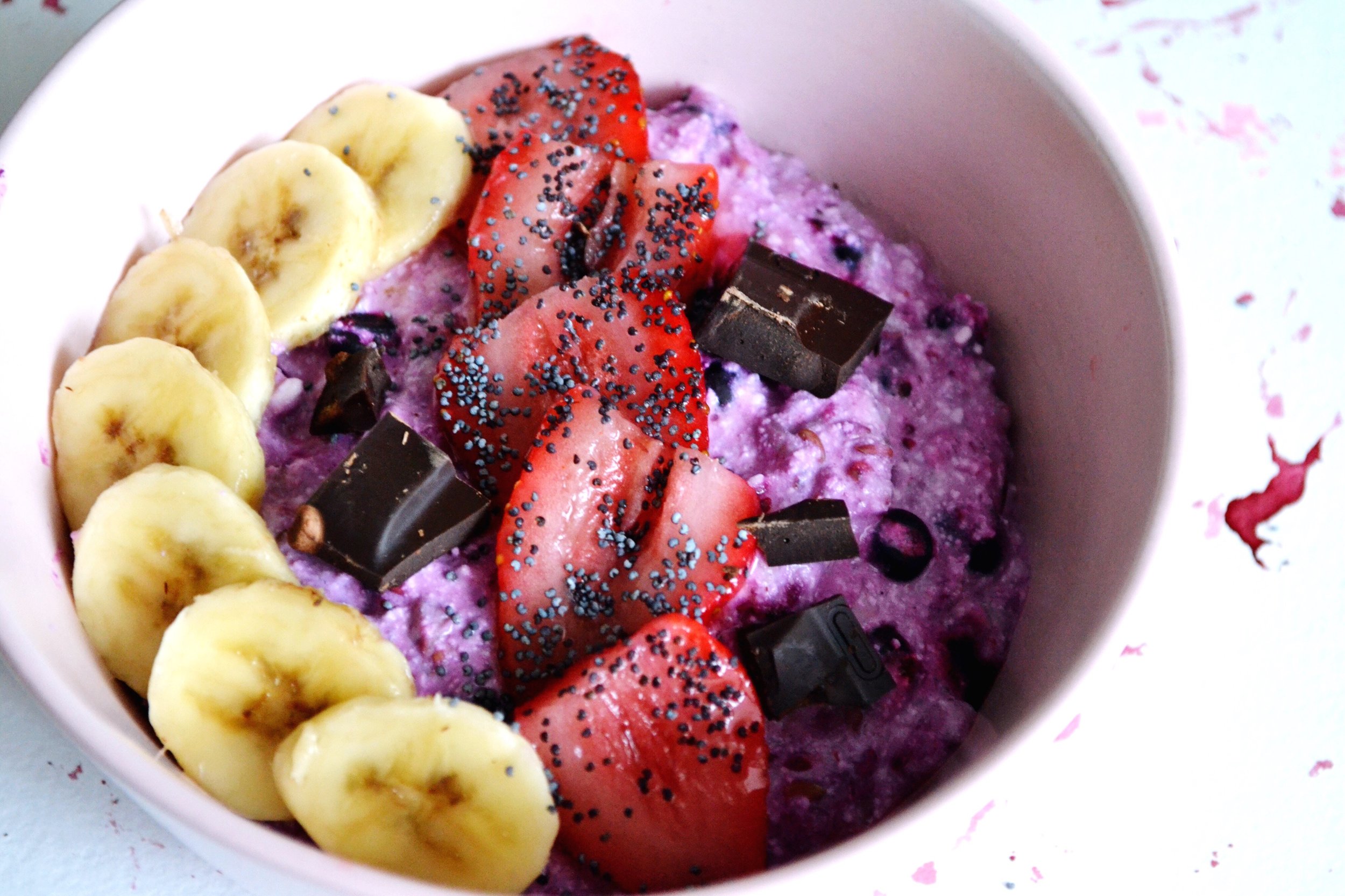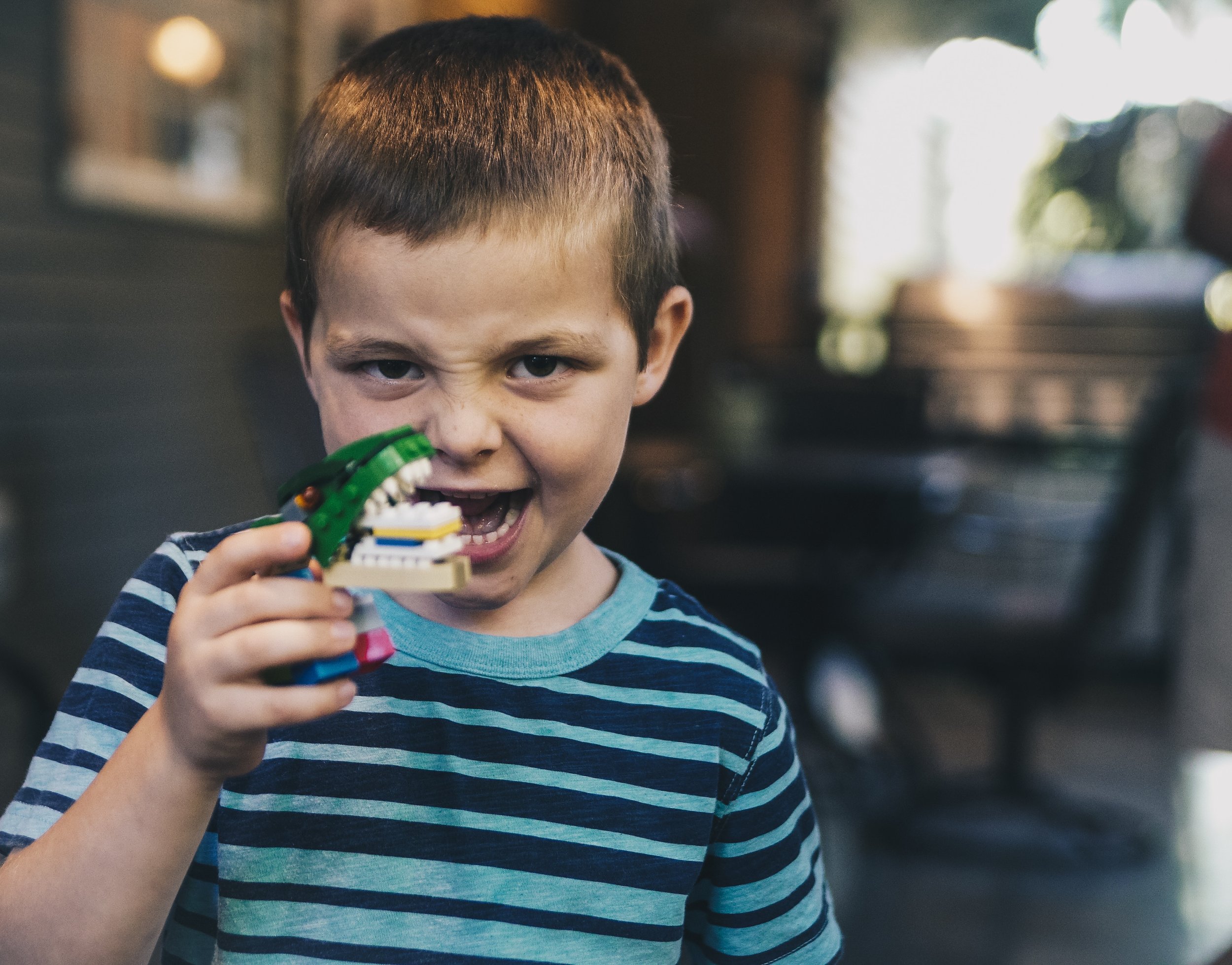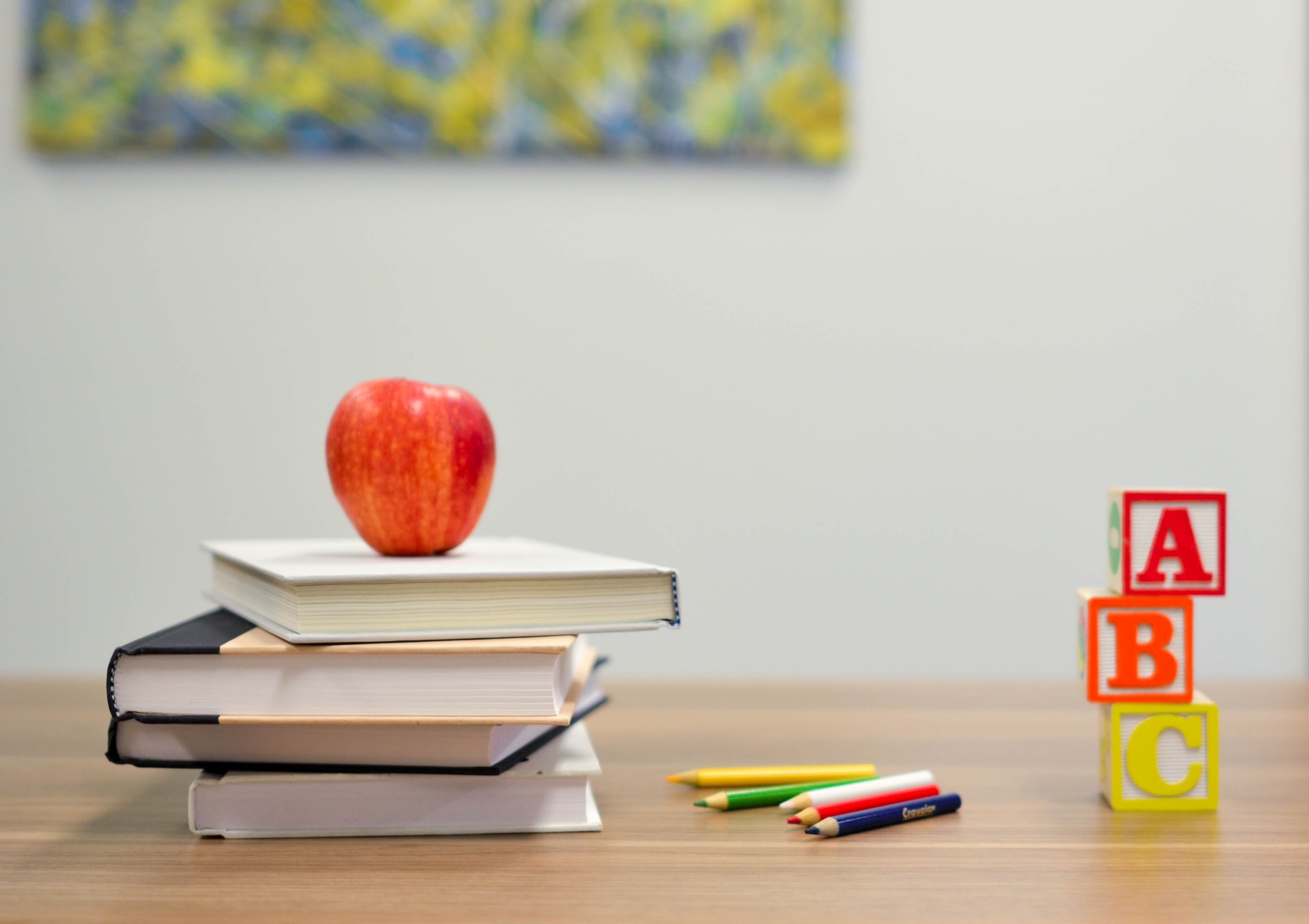ADHD

ADHD symptoms can sometimes compromise appropriate communication. Here are some tips that can help you practice effective communication:

The parent-child type of relationship is seen frequently in marriages where one partner lives with ADHD. Typically, the non-ADHD partner takes on the role of the parent and the partner with ADHD the role of the child. It generally starts when the partner with ADHD does not follow through on tasks, such as paying a bill or leaving the laundry out in a pile. Naturally, the non-ADHD partner will step in to handle more of the household responsibilities.

ADHD stands for attention-deficit hyperactivity disorder. ADHD is a chronic condition that includes attention difficulty, hyperactivity, and impulsiveness. Just as everyone with ADHD experiences different symptoms, each person will experience differences in treatment.

ADHD stands for attention-deficit hyperactivity disorder. ADHD is a chronic condition that includes attention difficulty, hyperactivity, and impulsiveness.

It is common for children to get upset and have tantrums or meltdowns, which include crying, yelling, and refusing to listen. However, if this is happening repeatedly and they are not controlling their temper, it may be something more.

Those with ADHD (attention deficit hyperactivity disorder) tend to lose focus and frequently act impulsively. Although ADHD currently has no cure, natural treatments can be helpful in coping with the symptoms. Natural treatments include: supplements, essential oils, herbal medicines, and lifestyle changes.

Do you feel like no matter what you try, your teenager is unmotivated? This is very common among adolescents, which is frequently viewed as, “My teen is just being lazy.”. While that may be what appears on the surface, all kids want to do well. Most teens would love to get straight A’s, please their parents, impress their peers, and excel at any interests they may have.

Some practical tips for parents with children who have ADHD!